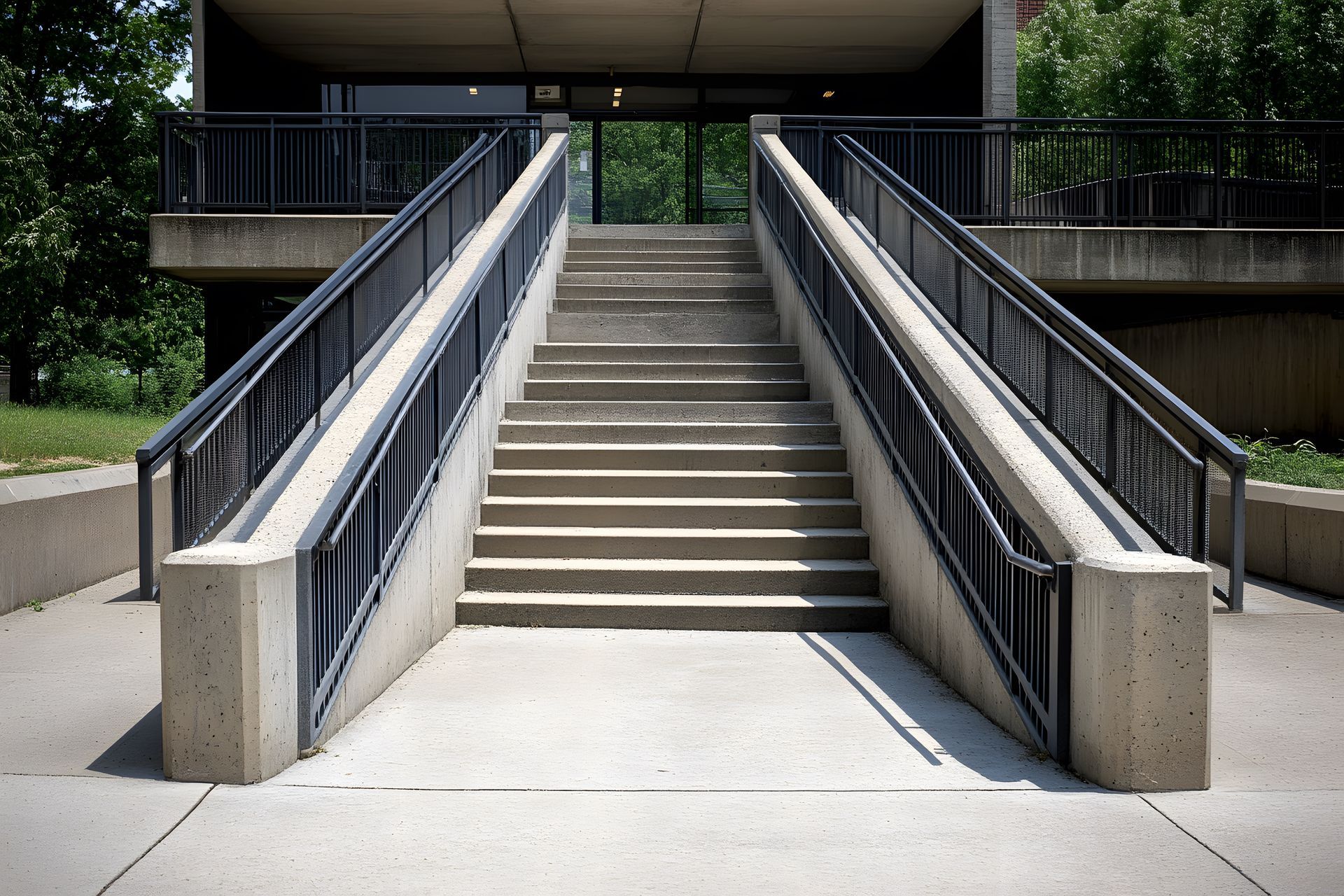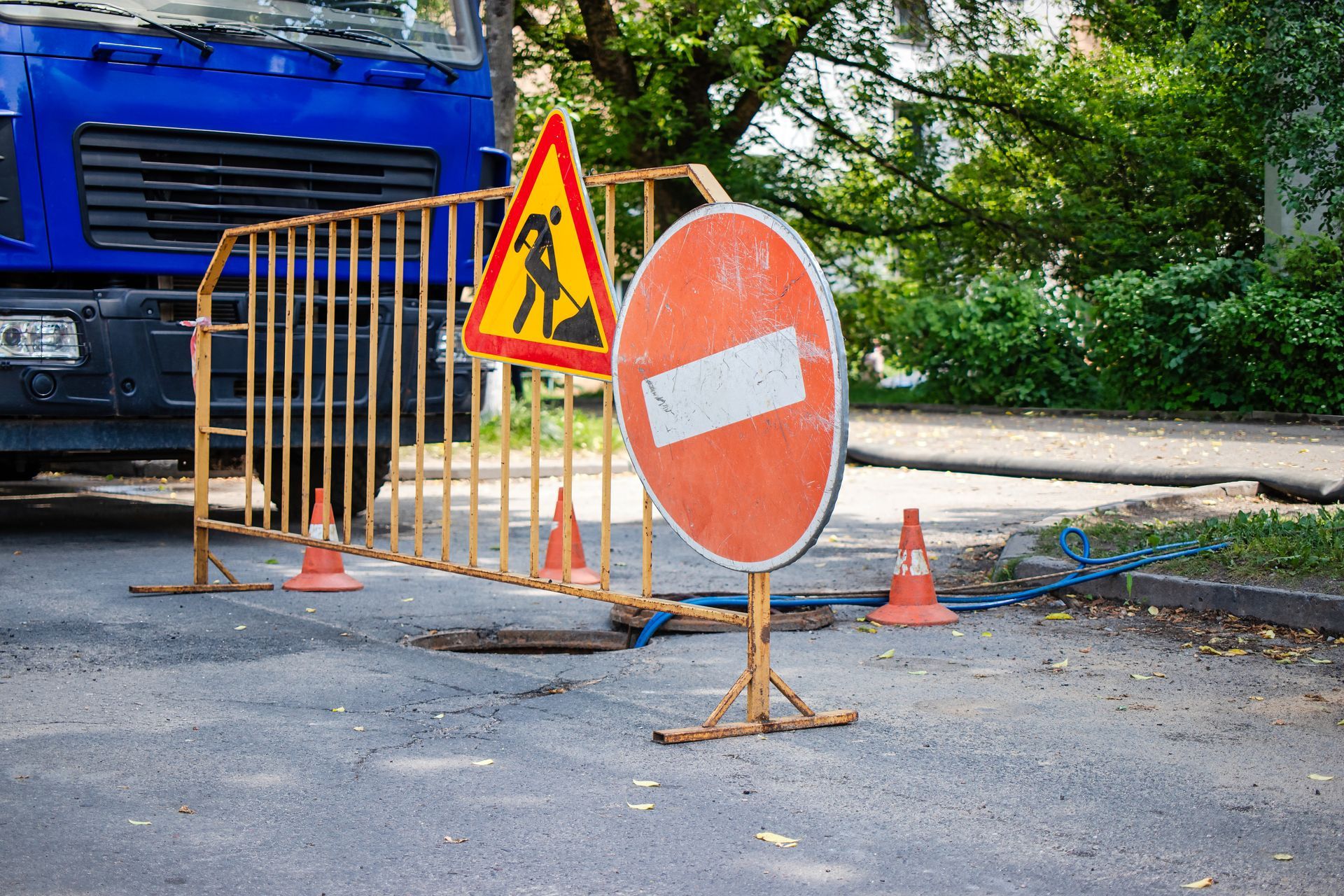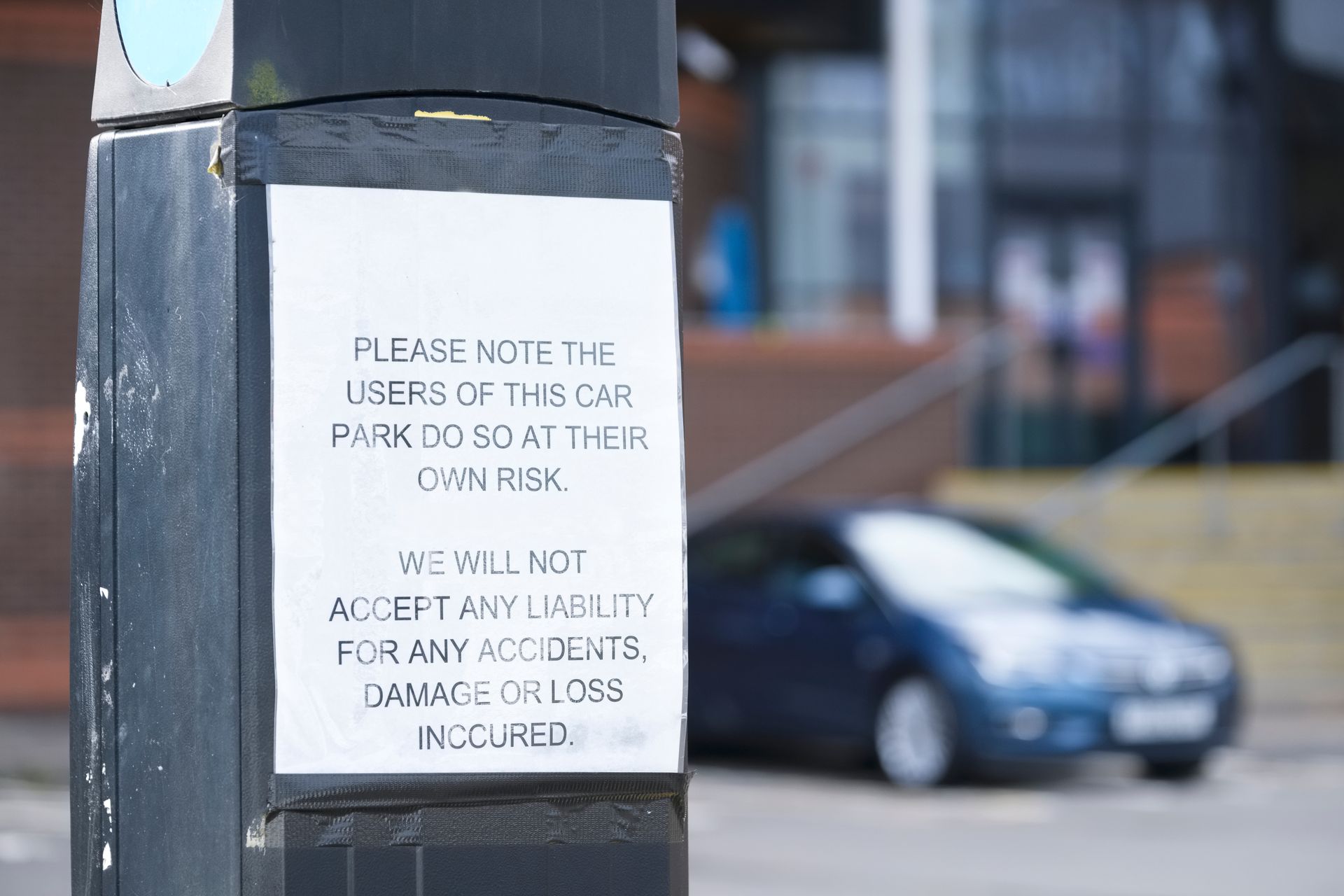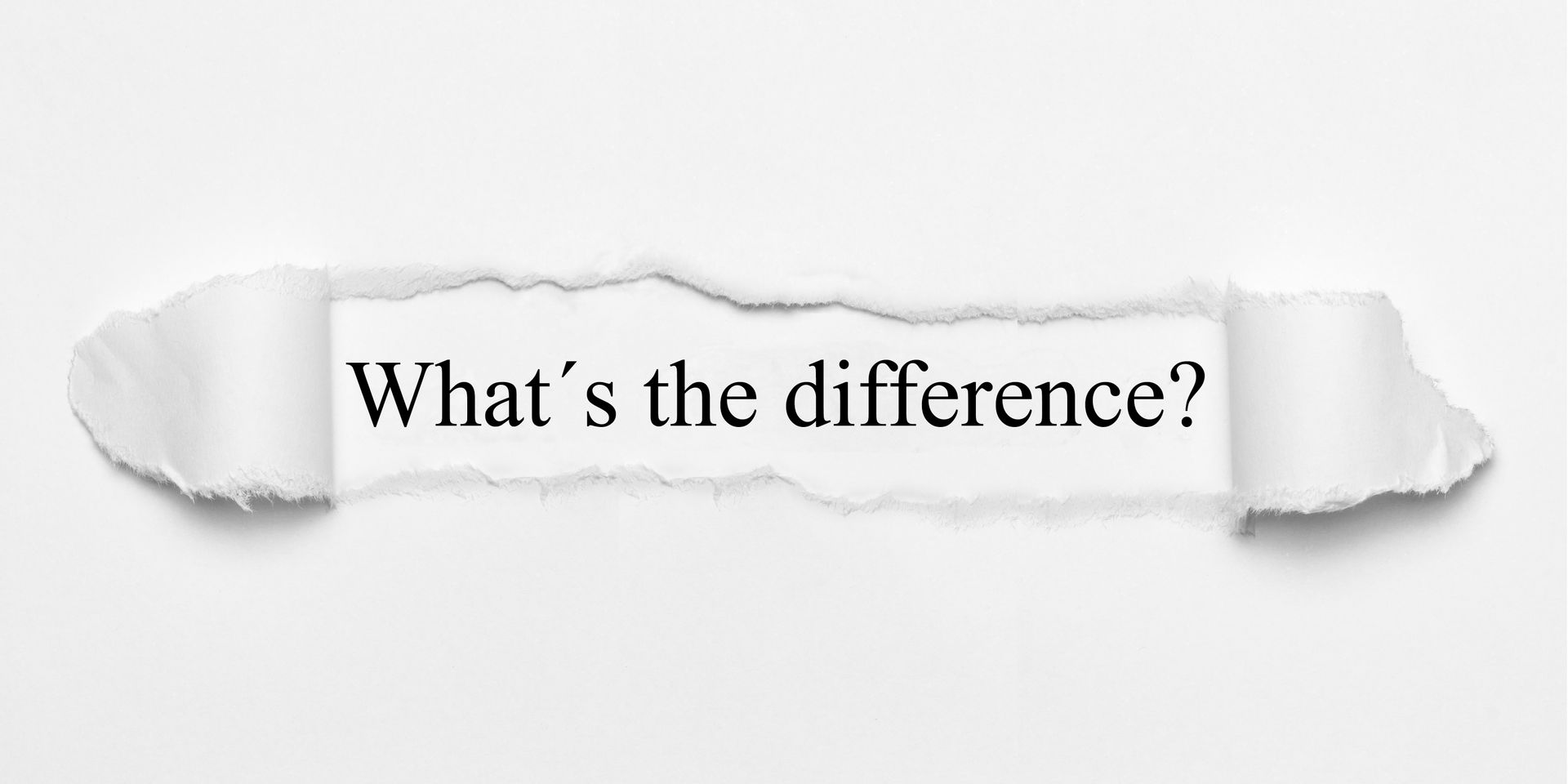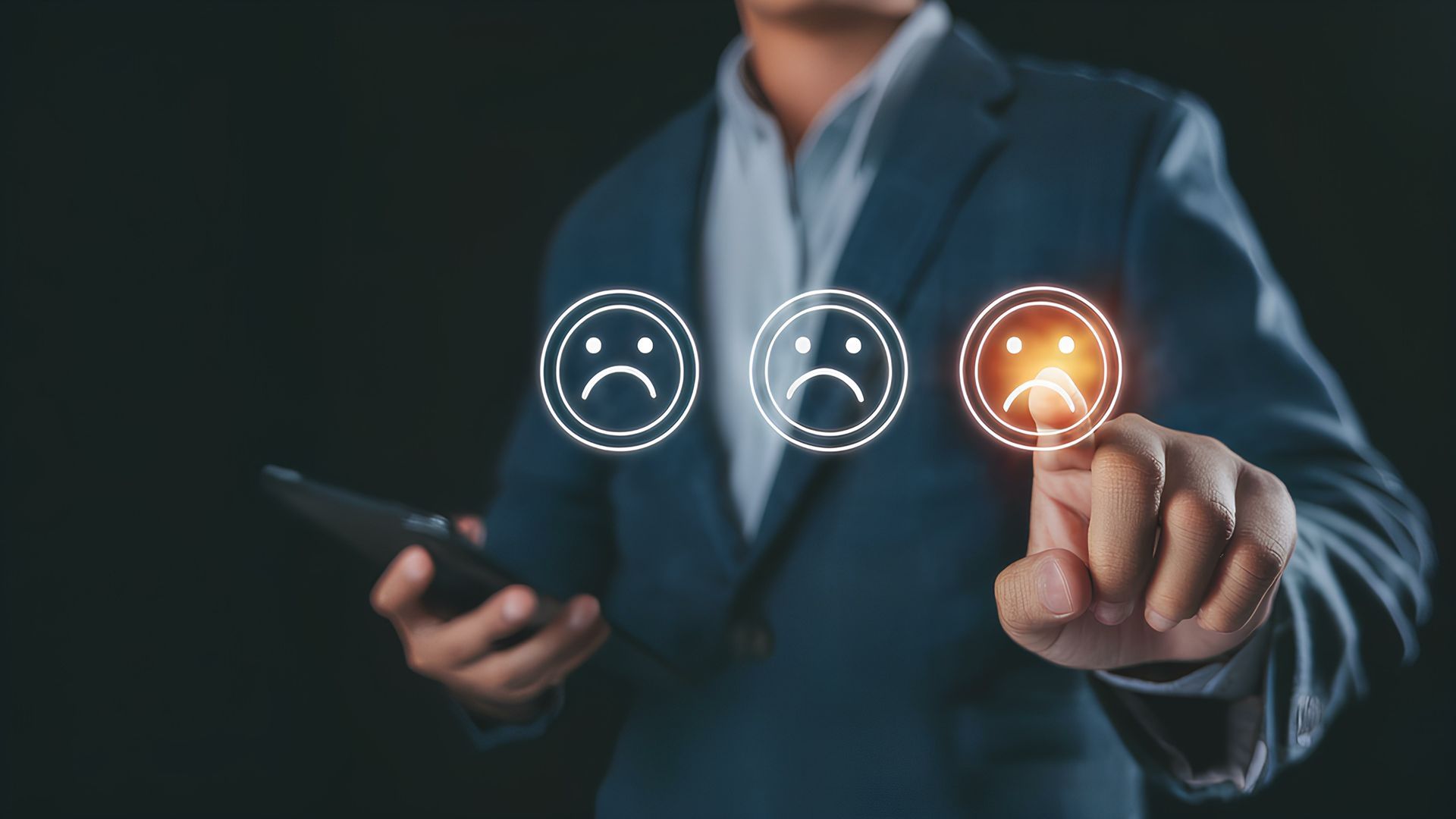Blog
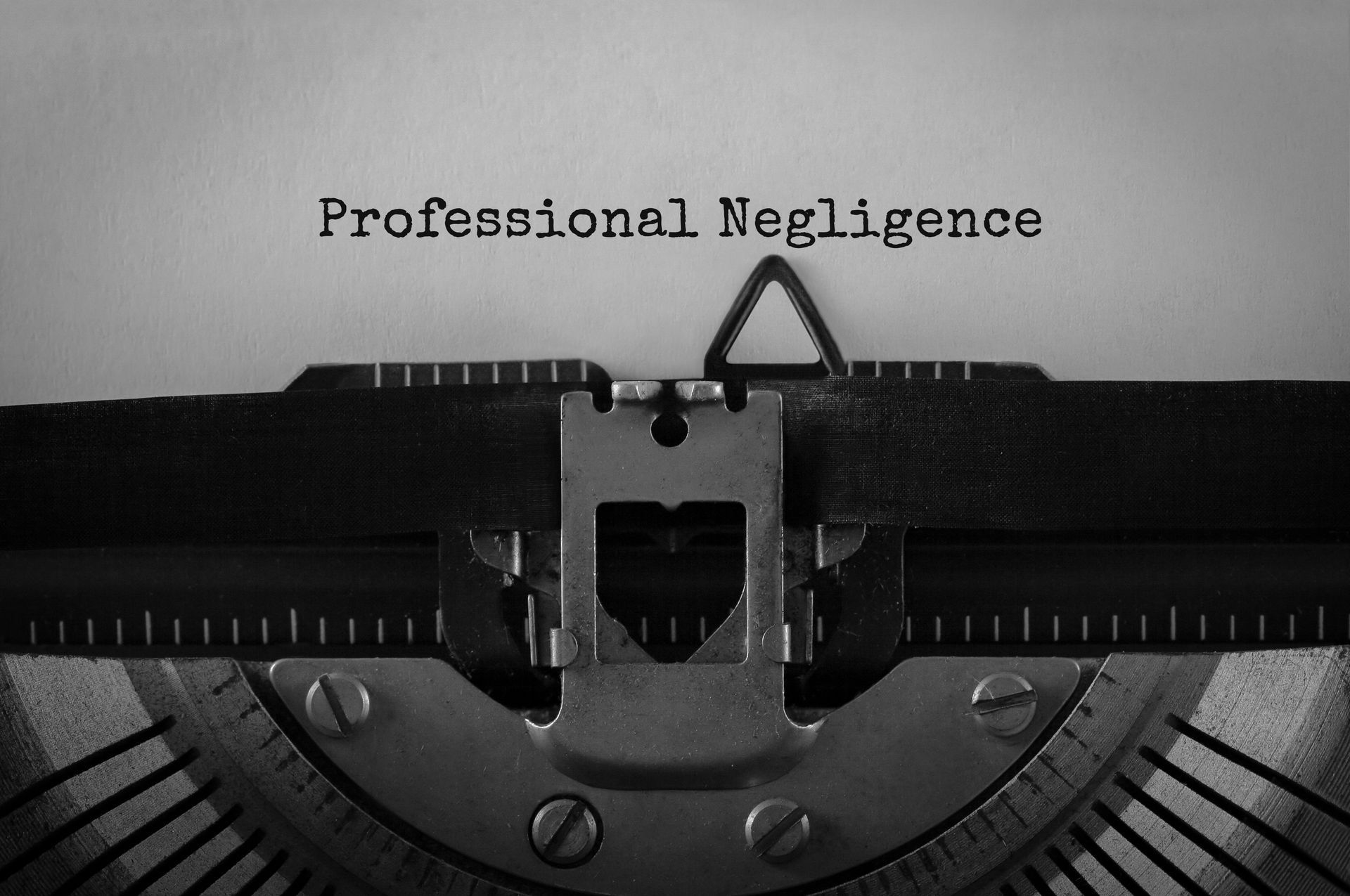
Negligence occurs when someone fails to exercise a reasonable degree of care to avoid causing another person’s injury or loss. The concept of negligence is relevant to virtually everyone, whether they are a homeowner, dog owner, driver or business owner. A person’s failure to exercise an ordinary level of prudence when performing many everyday activities can potentially lead to accidents or injuries.
Negligence can be a much bigger hazard for business owners than it is for the average worker or person. Businesses often have many moving parts and activities that have the potential to lead to injury if proper caution and care isn’t exercised. They also have employees, each of whom has the potential to act negligently while on the clock.
Business owners also have more to lose than the average individual. The negligence of one worker or partner has the potential to open up the entire business to a liability claim and jeopardize the long-term stability and health of the company.
The Four Elements of a Negligence Claim
There are many different categories of liability claims, and most are subject to unique accident-specific variables and sometimes even different legal doctrines. However, the broad elements of a negligence claim are essentially uniform.
In every negligence claim, the plaintiff (injured party) needs to be able to prove:
- The business or person had a legal duty to the plaintiff
- The business or person breached their duty, meaning they failed to exercise the reasonable degree of care that was required given the circumstances
- The plaintiff’s injury is directly attributable to that breach of duty
- The plaintiff suffered damages or losses due to the injury
Defense Can Be Derived From Any of Those Elements
The success of a plaintiff’s negligence claim is far from guaranteed. Businesses or individuals can potentially challenge every one of those elements, depending on the circumstances. In some cases, it may be possible to show the business or person was acting reasonably and the person was injured due to their own actions or due to unpredictable or unavoidable happenstance.
In other circumstances, defense attorneys or insurance companies may be able to show the plaintiff’s injuries were pre-existing, are attributable to some other cause or were due to someone else’s actions. It is the plaintiff’s duty to provide adequate evidence to establish the defendant’s actions caused the injury.
Damages and losses are also key. Being minorly inconvenienced, even if due to a person or business’s negligence, may not justify a negligence claim. Damages don’t necessarily have to be related to medical costs or destruction of property to qualify, but the plaintiff will need to prove that whatever medical costs, lost wages or pain and suffering they incurred justifies the compensation they seek.
What Are the Common Sources of Negligence Claims for Businesses?
Some of the most common negligence claims for businesses include slip and fall / premises liability claims, where a person is injured on the business’s premises due to unsafe conditions, and negligent equipment upkeep or use. In those situations, the business’s actions or inaction may constitute a breach of legal duty and expose the business and owners to negligence claims.
Businesses that manufacture or sell products can also be vulnerable to product liability claims. These can be a little different from other injury claims because they can be brought under strict liability doctrine. This means that the plaintiff doesn’t necessarily need to prove that the business was negligent in designing, manufacturing or selling the product, just that the product they made caused the plaintiff’s injury.
Another slightly less common claim type is negligent security. These claims are brought if a person was the victim of violence or assault on the business’s premises or in a space the business was responsible for keeping safe. In these claims, the accusation isn’t that the business committed the assault (unless an employee was accused of the attack), but rather that the business failed to provide the security necessary to prevent foreseeable attacks from occurring.
Preventing Negligence Claims
The best way to combat negligence claims is to prevent injuries from occurring in the first place. Businesses can decrease their liability exposure by training employees on safety and emergency response procedures, as well as implementing strict maintenance and cleaning guidelines. By keeping commercial properties free of hazards and enforcing a mechanism to address hazards as soon as possible if they do appear, businesses can drastically reduce their risk.
Documentation and evidence are key to any negligence claim, which is why installing security cameras as well as a clear and thorough accident documentation system can help shield businesses from negligence claims. It’s much easier to dispute the plaintiff’s narrative when businesses have video evidence of what happened.
Is Your Business Facing a Negligence Claim in Atlanta?
The Law Office of Cameron Hawkins is committed to defending Atlanta businesses against all types of negligence claims. If you’ve received a demand letter related to an alleged injury that occurred on your premises or because of one of your employee’s actions, call us at 678-921-4225.

